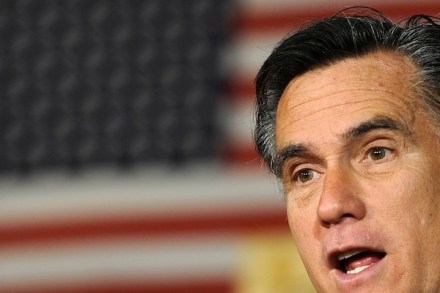Competition: Political verse
In Competition No. 2754 you were invited to submit an example from the Selected Poems of a contemporary politician. Politician-poets have met with varying degrees of success. While Jimmy Carter’s efforts prompted literary heavyweight Harold Bloom to pronounce him ‘in my judgment literally the worst poet in the United States’, the youthful dabblings of Barack Obama have been judged more kindly. Closer to home, Dominique de Villepin has published several well received collections of poetry. So how did your chosen victims fare? Step forward, Dennis Skinner, George Galloway, Nicolas Sarkozy and Tony Blair. Brian Murdoch as Alex Salmond channelling William McGonagall takes £35. The rest get £30. T’will be in

















